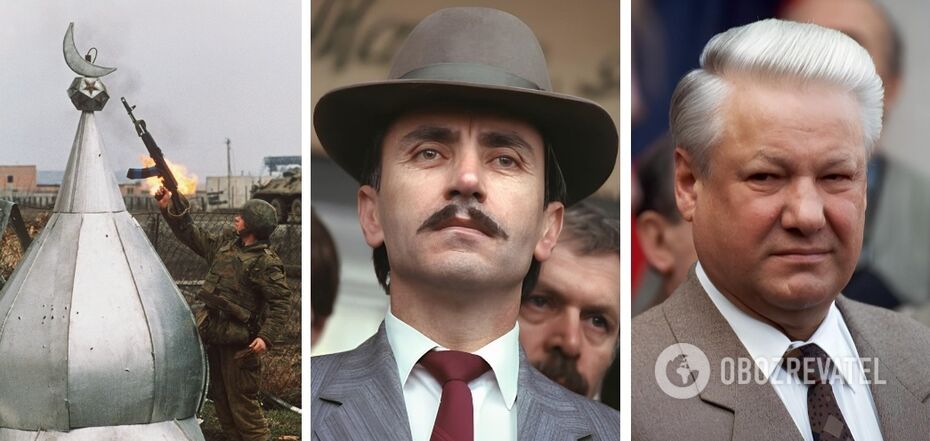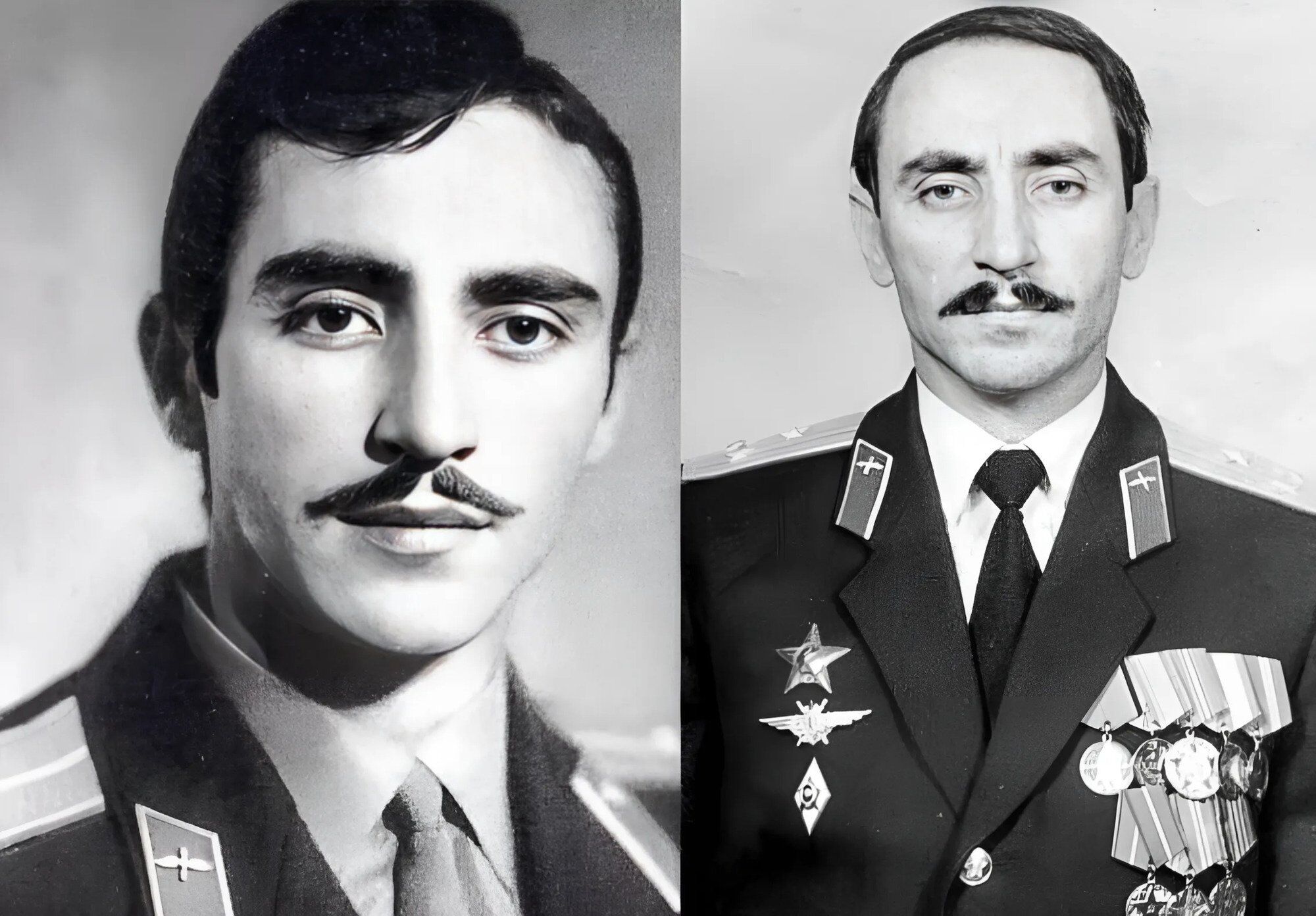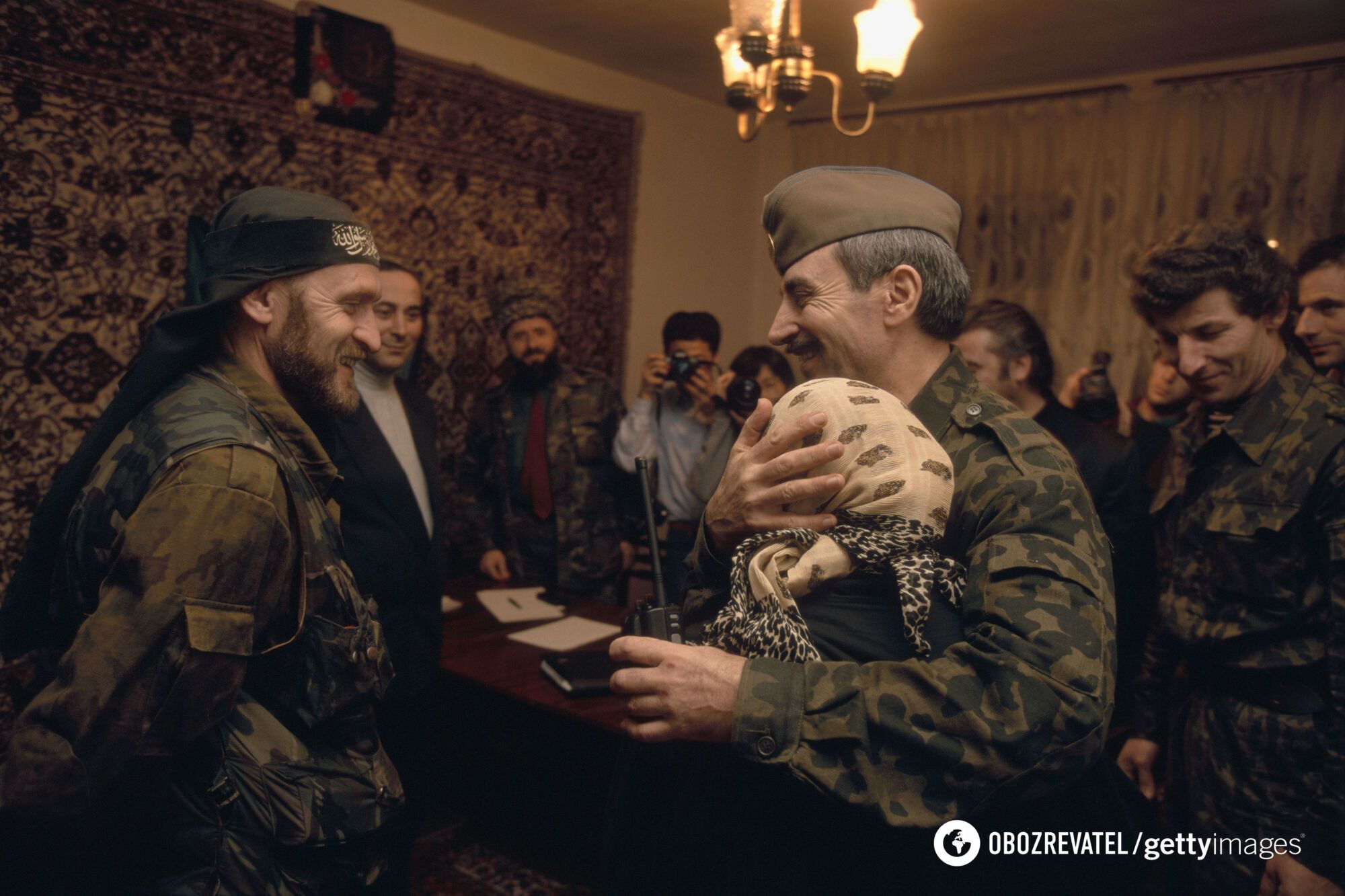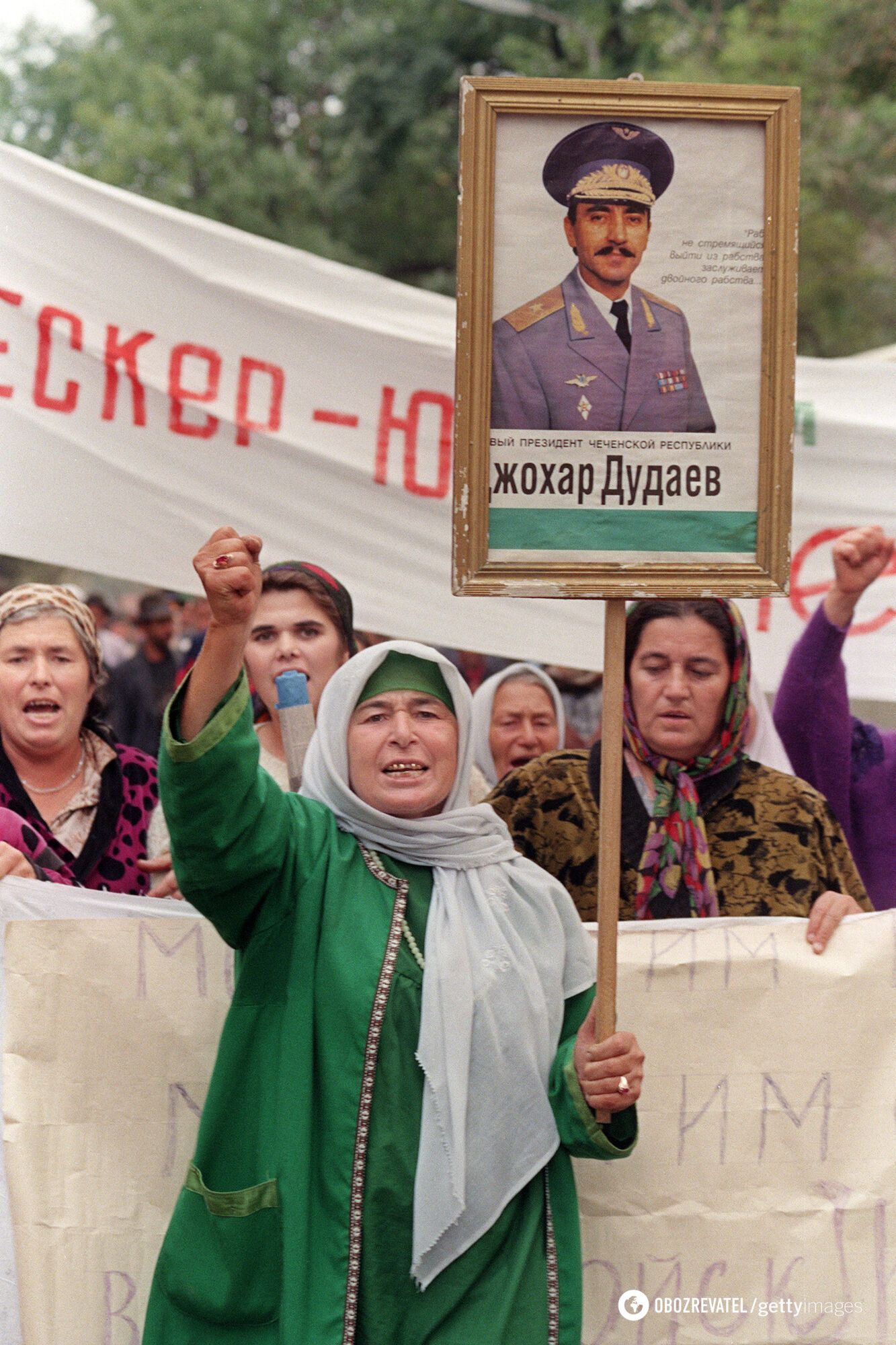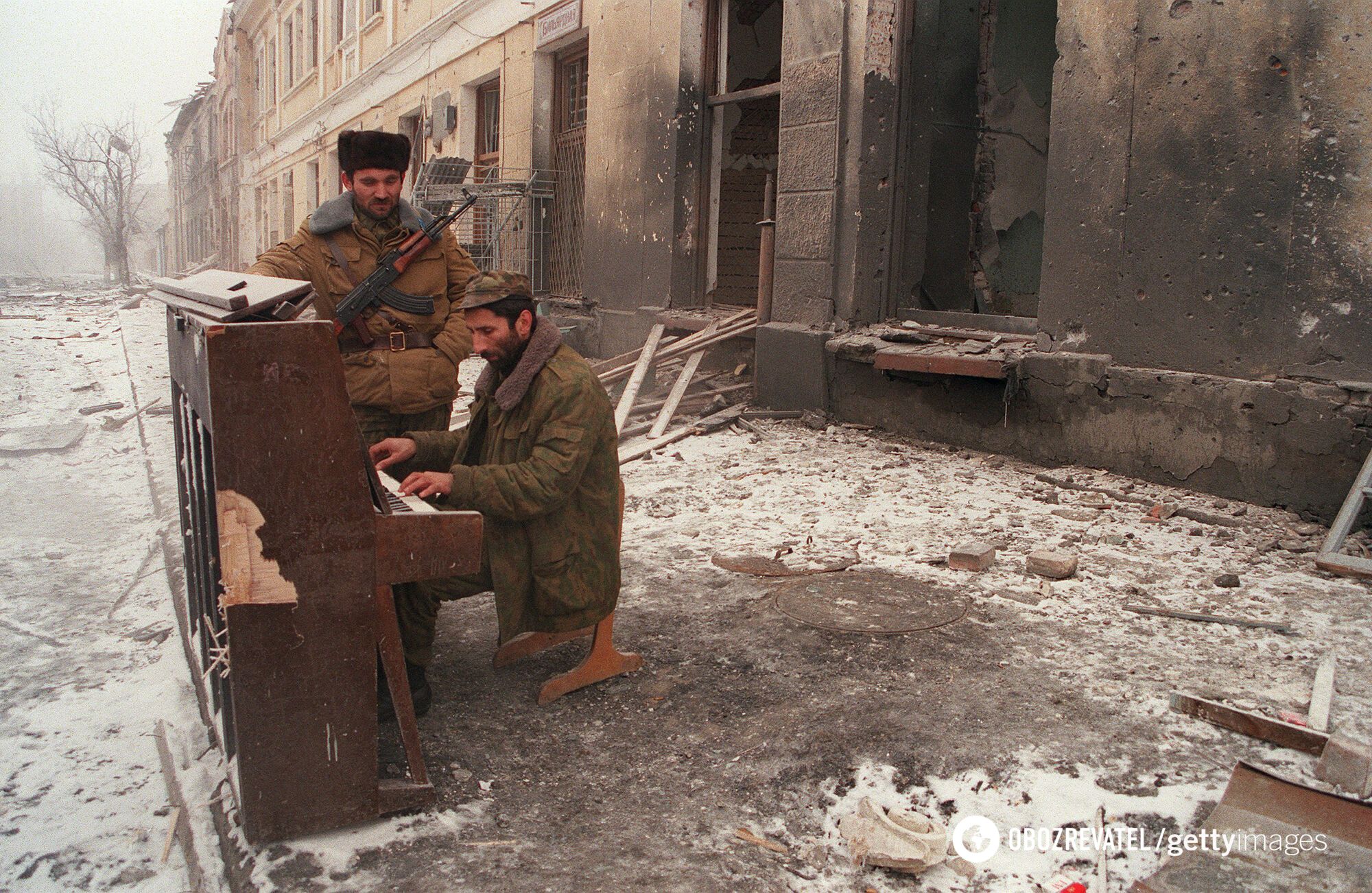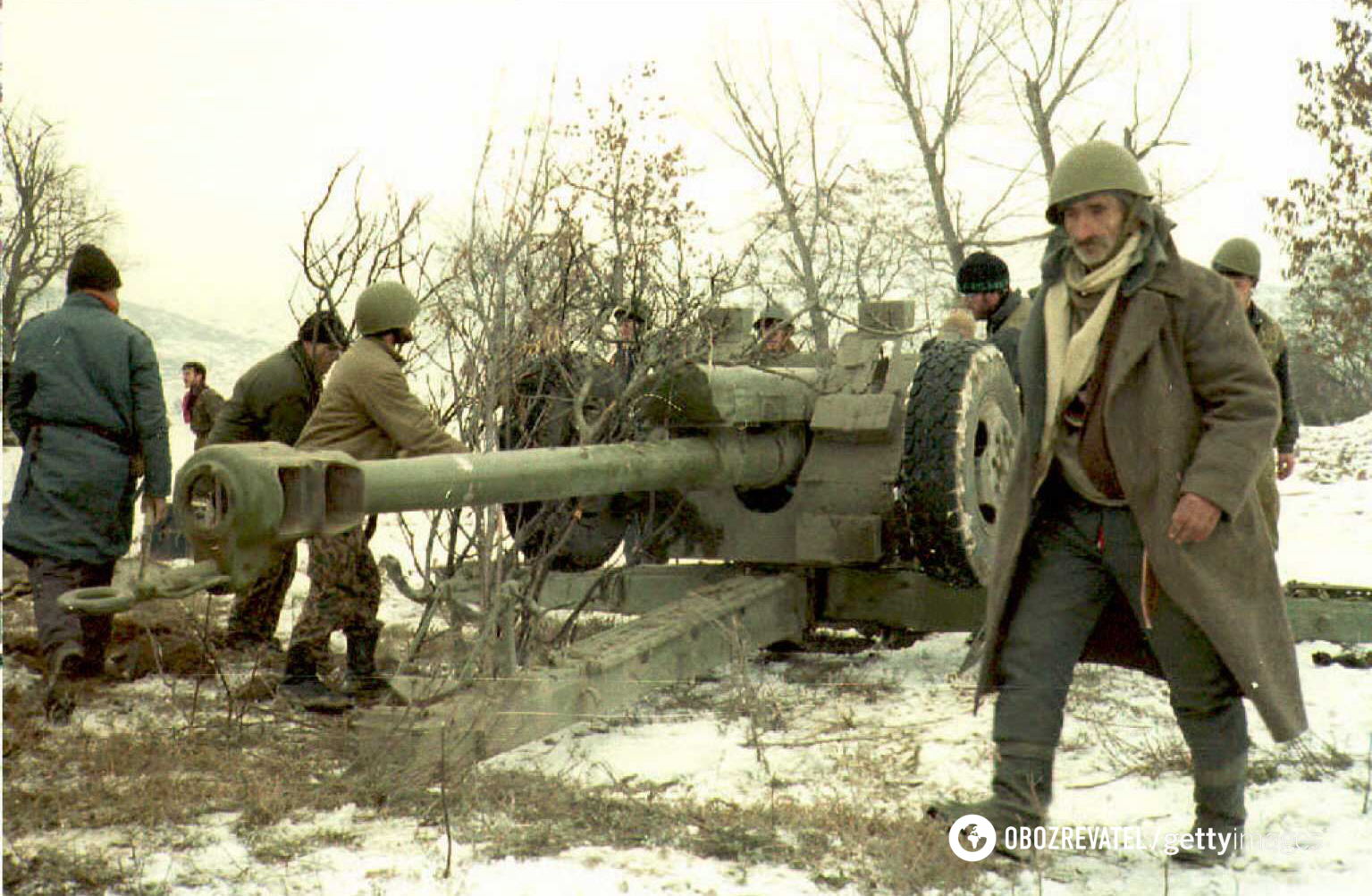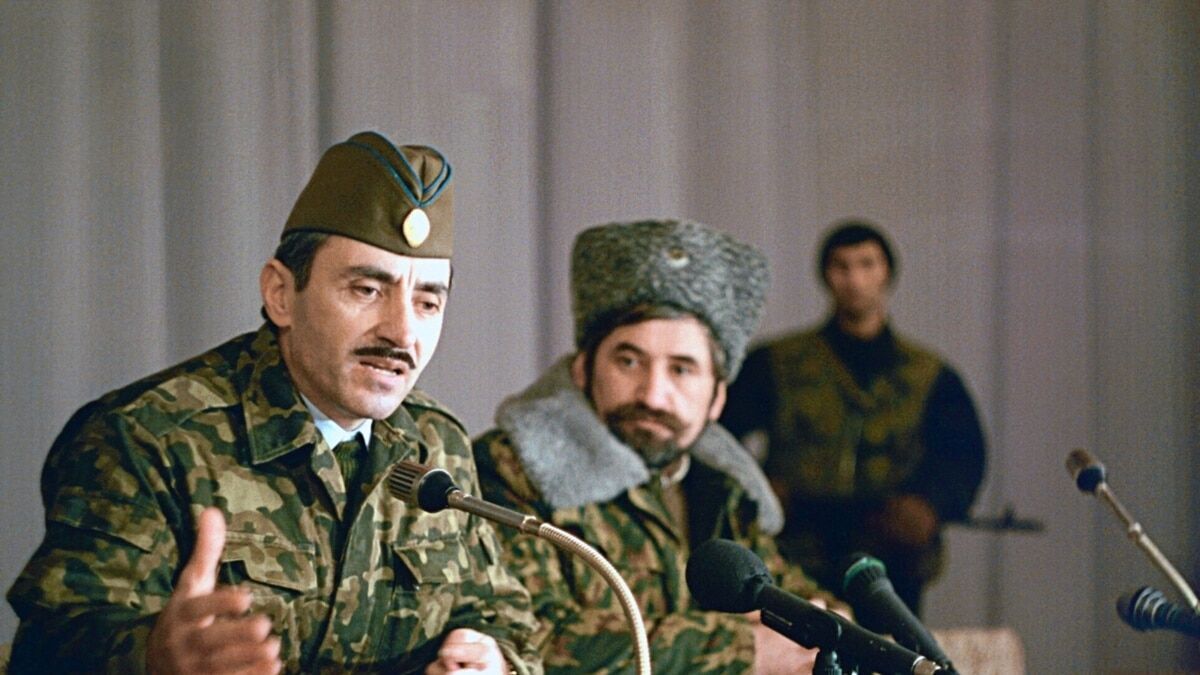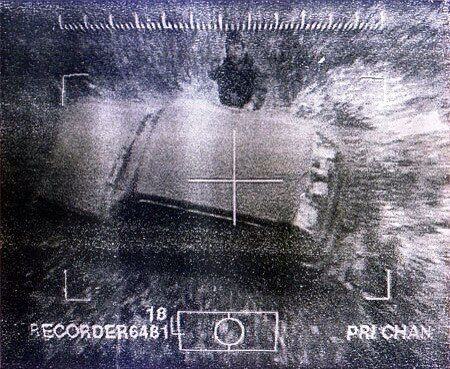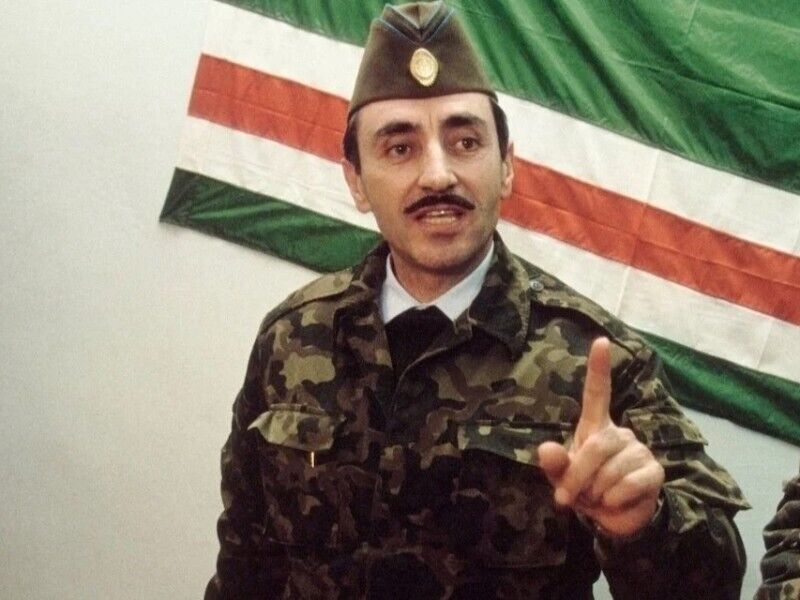Entertainment
5 interesting facts about Chechen leader and Boris Yeltsin's sworn enemy Dzhokhar Dudayev, who predicted Russia's war against Ukraine back in the 90s
The Chechen rebel leader, statesman and politician Dzhokhar Dudayev was a hero to his people. However, he was also a figure for whom the political and military authorities in Russia harbored deep hatred and contempt. Why? He was dangerous for the regime. After the collapse of the USSR, Dudayev sought to create an independent Chechnya and on September 27, 1991, he became president of the Chechen Republic of Ichkeria. At that time, the Russian authorities did not recognize Ichkeria, and in 1994 they started a war on its territory... In addition, in the 1990s, Dudayev began to use the term "Russism" to describe the Russian imperial chauvinistic ideology, saying that it "is characterized by a schizophrenic form of mania for world domination" and "possessing a slave psychology, parasitizes on a false history"...
The Chechen altruist died on April 21, 1996 (at the age of 52). He was killed by a missile fired from a Russian Su-25 attack aircraft as a result of a special operation by Russian counterintelligence. So, to mark the 28th anniversary of Dzhokhar Dudayev's death, let's find out how he miraculously survived several times, about his predictions for Russia and more in OBOZ.UA's article.
1. Is being a Chechen a sentence?
Dzhokhar Dudayev was born in Chechnya in 1944, perhaps the most tragic year in the history of his country. It was then that the Soviet dictator Joseph Stalin deported the entire Chechen people to Central Asia, falsely accusing them of collaborating with the Nazi invaders. At the age of eight days, Dzhokhar and his family were deported to Kazakhstan, and he lived in exile for 13 years... This influenced the formation of the young man's rebellious character. In particular, he studied karate, which was forbidden in the USSR, for a long time because he believed that this martial art strengthened his body and spirit.
Many years passed. In 1962, to enter the Tambov Higher Military Aviation Engineering School, Dzhokhar identified himself as an "Ossetian." He knew that a Chechen would most likely not be accepted to study there after being deported. This decision later dramatically changed the fate of an intellectually capable man: at the age of 45, he rose to the rank of "Major General of the Soviet Army Aviation." An interesting fact is that after spending a lot of time away from Chechnya, Dudayev did not remember his native language well, so as an adult he took courses in Chechen.
2. He cared about himself and others
Dudayev was a man with a difficult character: short-tempered, but very honest and decent. He was always trimmed, neat, and in ironed clothes... He did not raise his voice for nothing, and he punished his subjects only for misconduct. In general, he loved his soldiers. An illustrative fact: the future Chechen president once entered the kitchen and tasted the food that was being prepared for the military. He then called the cooks, ordered them to cook more delicious dishes, and added that in case of disobedience or negligence, he would make them eat the entire cauldron. After this incident, the quality and taste of the food improved significantly.
When Dzhokhar Dudayev became president, he immediately signed a decree on the creation of the republic's coat of arms, flag, and anthem. A black wolf became the symbol of the independent state (as a sign of freedom and struggle of the Chechen people). At the same time, the former aviation general also made a decision that was unexpected for his fellow citizens: he banned local television from broadcasting the Soviet cartoon Nu Pogodi!, where, in his opinion, the wolf is subjected to ridicule and insults, and there are many propaganda and meaningless plots.
3. He was a step away from death three times
The Chechen Republic seceded from the USSR in accordance with the secession procedure and the USSR Constitution. Then, on November 1, 1991, newly elected President Dzhokhar Dudayev issued a decree declaring state sovereignty and became the sworn enemy of Russia's first president, Boris Yeltsin. Dzhokhar realized that the Russian secret services would hunt him, a capable military leader. And yet he was not afraid to challenge them... At the beginning of the war between the Russian Federation and the Chechen Republic of Ichkeria, Dudayev's army successfully eliminated the enemy. It maneuvered perfectly, following the orders of Chechen military leaders and Dzhokhar personally.
After the Chechen victory in Grozny, local guerrillas continued to attack and destroy Russian groups. This caused Yeltsin to become depressed, and he began to shift the responsibility for the failures to his generals, saying that they had deceived him. Even though it was he who ordered the war with the Chechen Republic and refused to allow Dudayev to resolve the conflict peacefully. Dzhokhar responded defiantly, "In Russia, it doesn't matter who the president is. President Yeltsin no longer controls the real power structures, including the army."... What was Yeltsin's reaction? He ordered the Chechen leader to be shot.
Russian special services have repeatedly tried to eliminate Dudayev. The first time they failed because a sniper missed. During the second attempt, a mine planted under the Chechen president's car exploded, but he was not injured. The third time, Dudayev survived because he and his bodyguards managed to leave the house five minutes before the missile launched from an airplane exploded.
Unfortunately, the fourth attempt was successful for the FSB, GRU and Air Force of the Joint Federal Forces Group in Chechnya... On April 21, 1996, Russian special services picked up a signal from Dudayev's satellite phone near the village of Gekhi-chu (30 km from Grozny). Then 2 Su-25 attack aircraft with a laser homing head on the satellite phone were raised to the sky and the Chechen president was killed. By the way, Dzhokhar knew that his conversations were often tapped. He even joked, "Are you on, guys? Well, listen...". But the president was convinced that it was impossible to track the signal of a 15-minute conversation. He was wrong... Moreover, he hoped that the war would end soon, so on the fateful day he actively conducted peace talks with a member of the State Duma of the Russian Federation, Konstantin Borovoy. It was a trap.
4. He called Russia a "racketeer state" and warned of its plans for Ukraine
The Chechen rebel leader was well aware of Russia's insatiable appetite for power. In an interview with Vzglyad in 1995, he said, "When they got burned in Afghanistan, Russian ideologues and politicians decided to flirt with Europe to get stronger in the Indian Ocean, the Middle East, the Bosphorus, the Red Sea, and then to "slap" Europe. Afghanistan, and now Ichkeria, have curbed Russia's appetite. But they have not stopped. There will be a massacre in Crimea... Ukraine will still have a fight with Russia. As long as Russism exists, it will never give up its ambitions."
Dzhokhar Dudayev added that Russia is essentially a racketeer who uses threats, tanks and armada to extort money, "And when the civilized world doesn't want to suffer, Russia says 'give us money' to compensate for this profit. Racketeering, just racketeering."
5. He believed in the inevitable end of the Russian Empire
According to Dzhokhar Dudayev, the Russian people are facing difficult trials with unfavorable forecasts. Why? He saw that Russia "has closed the paths of spirituality and new ideas" and instead chose a third path: Slavicization (meaning unification on a Slavic basis). But the aggressor country, according to Dudayev, did not take into account something else, namely that "the main component of Slavization, Ukrainians, will never accept Russification and Russism."
The Chechen leader also called Russia "Carthage that must be destroyed" and disappear from the map of history, like the Byzantine and Ottoman empires. In his opinion, it would have the right to exist only if it became a democratic state governed by the rule of law, in which he had little faith, "There is no smell of democracy there, at least not the kind that respects laws and rights."
Only verified information is available on OBOZ.UA Telegram channel and Viber. Do not fall for fakes!


